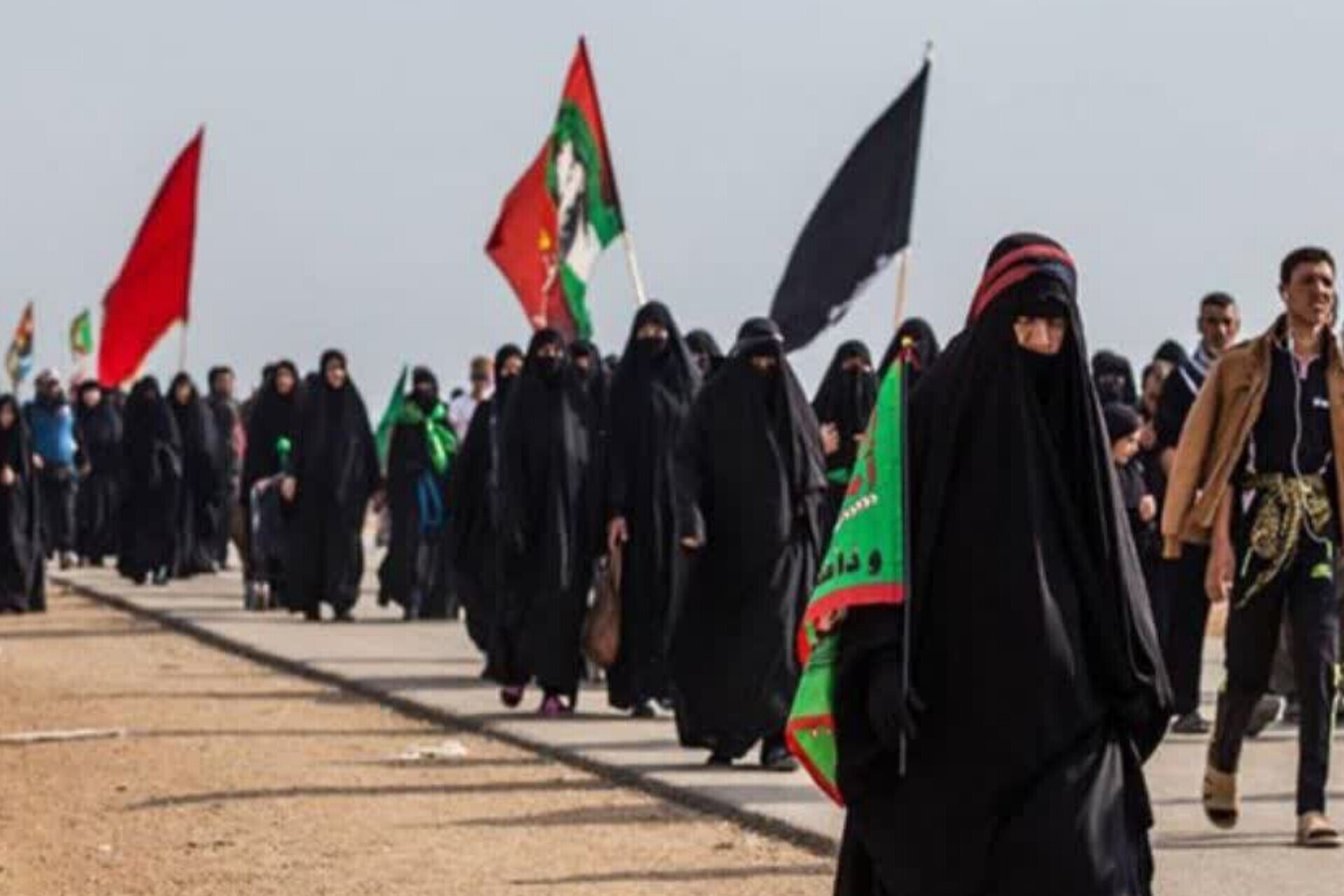Tehran Municipality Center Studies Women’s Role in Arbaeen Pilgrimage

The study aims to analyze women’s contributions to the procession’s spiritual and cultural dimensions while suggesting ways to enhance their participation.
The proposal, titled “The Role and Status of Women and Families in the Arbaeen Husseini Pilgrimage”, highlights how women act as pilgrims, volunteers, educators, and narrators during the annual event.
Researchers will use qualitative methods, including in-depth interviews, field observations, and analysis of visual and written materials.
“Preliminary findings indicate that women play a vital role in preserving religious values and passing them to future generations through their active participation,” a spokesperson for the center said.
The Arbaeen pilgrimage, which sees millions of Shia Muslims walk to Iraq’s Karbala, is considered a display of unity and religious devotion. Families and women are central to its organization, often providing logistical and spiritual support along the route.
The study suggests measures to strengthen women’s involvement at the three levels of family, community and international, with recommended measures including support for mothers undertaking the pilgrimage, promoting the model of ‘active women’ in religious literatue, and leveraging female pilgrims’ participation for cultural diplomacy.
“Such research helps clarify women’s impact on religious rituals and reinforces societal identity,” the center noted.
Read More:
Arbaeen is a religious event observed by Shia Muslims on the fortieth day after the Day of Ashura, commemorating the martyrdom of Imam Hussein (AS), the grandson of Prophet Muhammad (PBUH) and the third Shia imam.
It is one of the largest annual pilgrimages in the world, with millions of Shia Muslims, as well as many Sunnis and followers of other religions, walking to Karbala from various cities in Iraq and neighboring countries. This year, the day of Arbaeen will fall on August 14.
4299129



